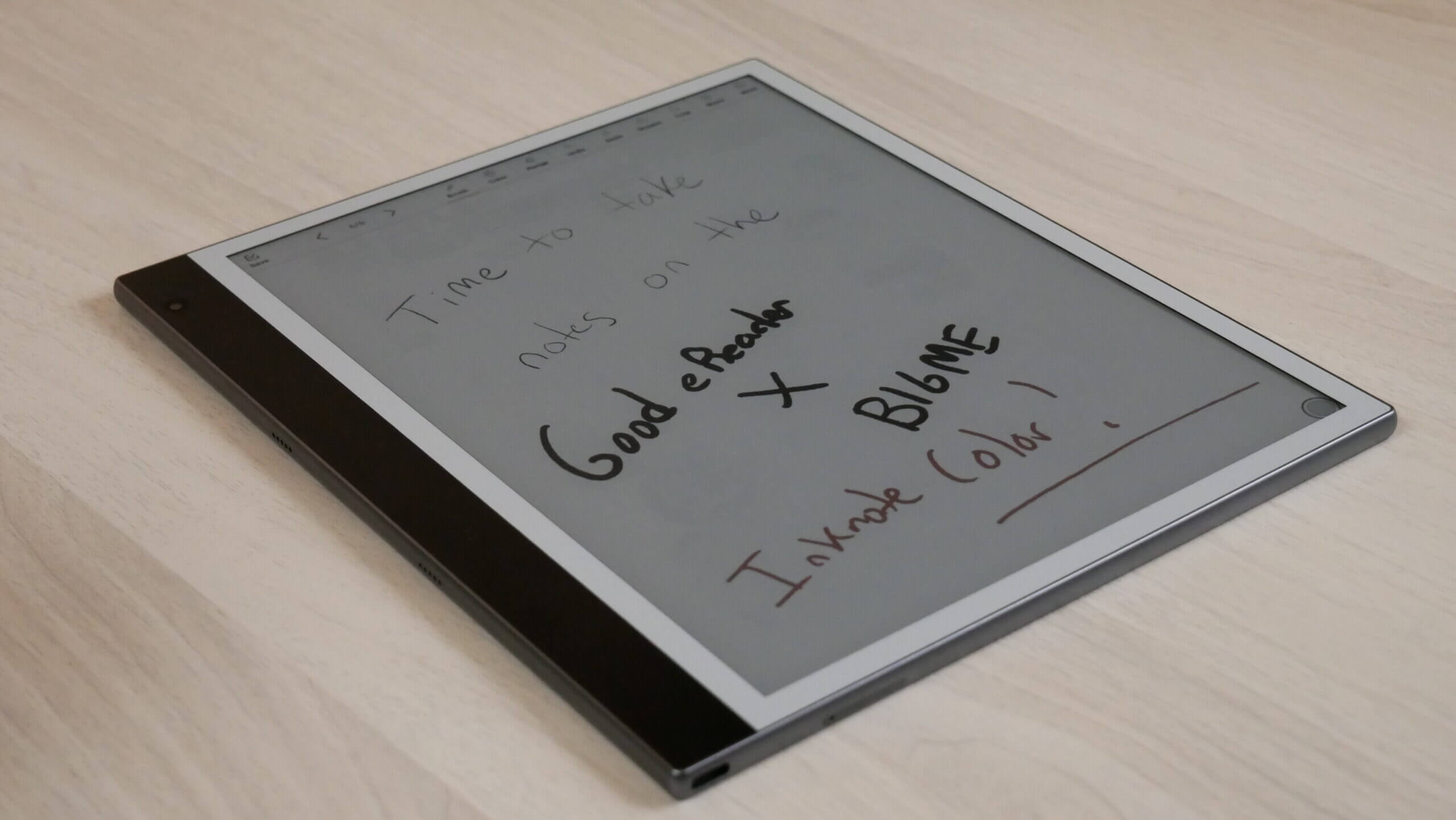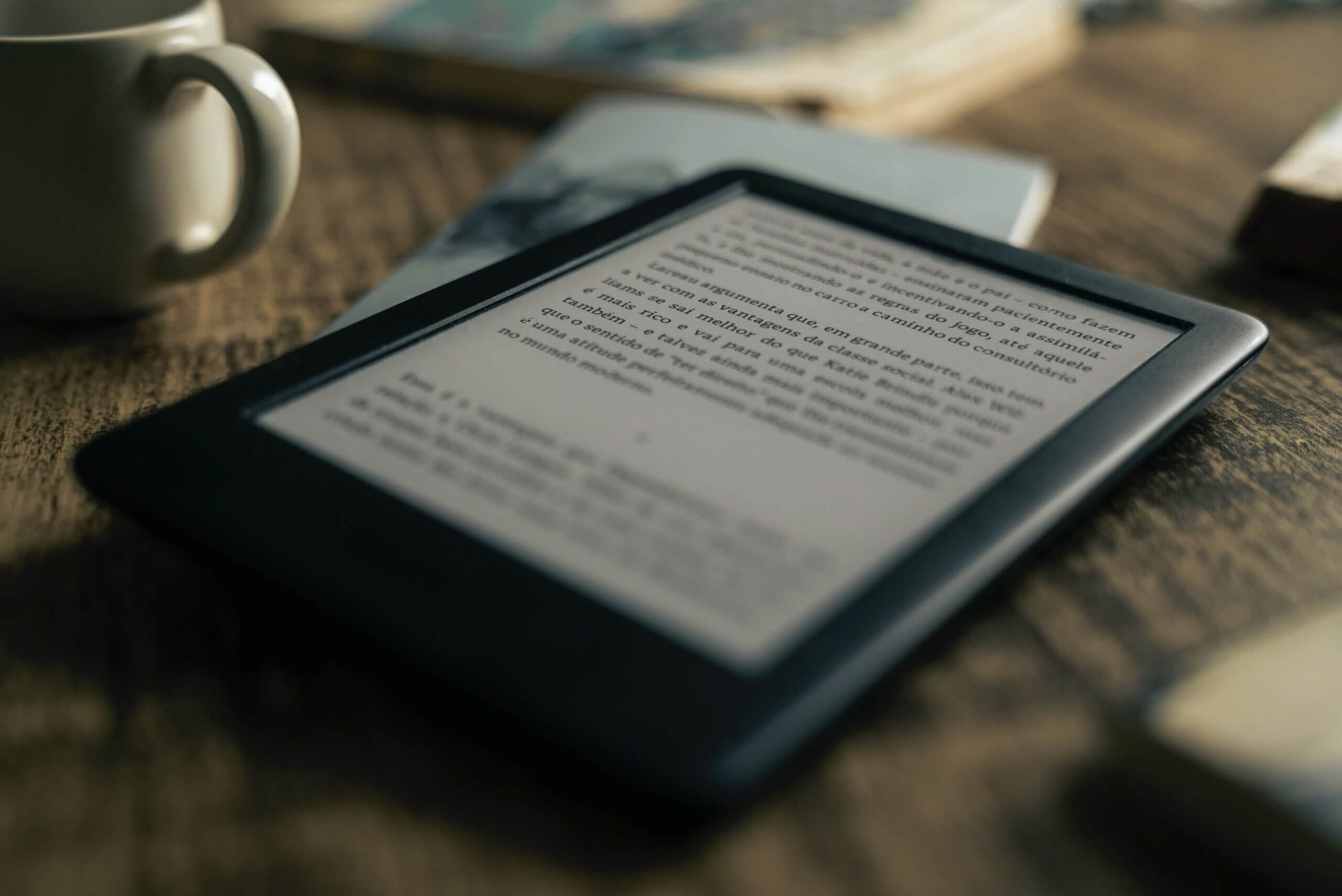Amazon announced a couple of months ago that Send to Kindle will support EPUB files. The service is now live and you can use the Send to Kindle aps for PC or MAC, the Chrome Extension, Kindle for Android and via email. This is the first time that Amazon has ever supported the EPUB format to deliver to your Kindle account, however when you use the Send to Kindle system, converts the EPUB to the AZW3 format before delivering them to your device. This will ensure that your book will have proper typography and be able to access X-Ray, dictionaries, and Wordwise.
The Send to Kindle for EPUB will only support DRM-Free EPUB files, which means they have to have no encryption. There’ve been many reports that EPUB files sent through Send to Kindle are poorly formatted. This is generally caused by the file’s character encoding. Most EPUB files use UTF-8 encoding, but unless this is explicitly defined in the EPUB file, the Send to Kindle service will assume it’s in another format. This leads to strange and unexpected formatting on the output file.
Fixes for this include using the Modify EPUB plugin for Calibre to set the EPUB character encoding to UTF-8 before sending it to Send to Kindle. Some users also recommend this website to fix encoding on your file – https://kindle-epub-fix.netlify.app/ You can doublecheck potential issues with the Kindle Previewer Tool, which is an app for the PC. It will give you some errors that the book may have, so you can use a program like Calibre to fix it.
EPUB files sent through Send to Kindle will not have library covers on a Kindle e-readers, though they will if you use Kindle for Android or iOS. There is currently no workaround for this. Book covers should show in your library if you convert the file to a supported type like AZW3 or MOBI with Calibre and transfer it to your device by a USB cable. With this approach though, you’ll lose the Send to Kindle benefits such as syncing across devices.
Michael Kozlowski is the editor-in-chief at Good e-Reader and has written about audiobooks and e-readers for the past fifteen years. Newspapers and websites such as the CBC, CNET, Engadget, Huffington Post and the New York Times have picked up his articles. He Lives in Vancouver, British Columbia, Canada.

